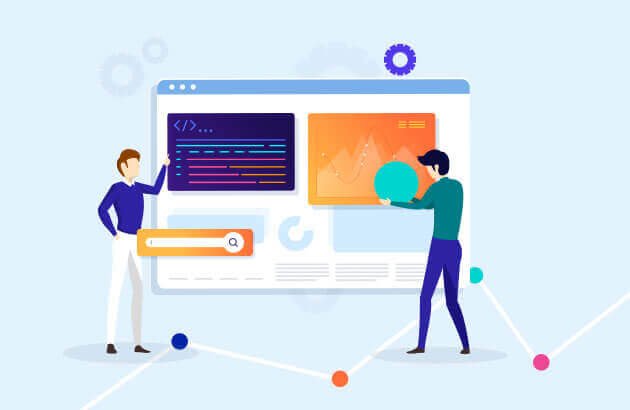- June 23, 2023
- by kaizenstage.com
- Business Automation
- 0 Comments
The increased use of technology in businesses has led to many improvements in the workplace. Automation, for example, has been around for decades and has helped organisations optimise their processes and increase productivity. But as we move towards a more advanced digital era, businesses are now exploring the use of Artificial Intelligence (AI) in automation. The future of AI in business automation is promising, and in this blog post, we take a look at what the future holds for this technology.
1. Cost Reduction
The use of AI in business automation will help organisations streamline their processes and reduce their operational costs. AI-powered automation systems are capable of performing repetitive tasks without losing accuracy, freeing staff from these mundane tasks. In addition, these systems can provide in-depth data insights, which will help businesses understand the various ways that they can optimise their workflows. As a result, businesses will save money and see an improvement in overall efficiency.
2. Enhanced Customer Experience
AI-powered automation systems can improve customer experiences by streamlining service delivery processes. For instance, chatbots powered by AI technology can interact with customers and provide them with quick and intelligent support. This personal touch improves engagement and customer satisfaction, as it provides an efficient and faster resolution time. Additionally, AI can be used to analyse customer interactions and improve the customer journey by predicting their needs and adjusting service delivery.




3. Improved Decision Making
Data-driven insights provided by AI-powered automation will enable organisations to make data-informed decisions. By collecting data points on customers, employees & operations, this technology can provide data analysis insights that humans may not be able to identify. This will position businesses to improve on their competitive edge. Data insights can help understand inefficiencies and opportunities for improvement, and support the development of new products or services.
4. Employee Empowerment
One of the fears of AI was previously related to the displacement of human workers. However, developments in AI technology have shown that they are complementary tools to support employees, not replace them. By automating repetitive tasks that are inherent in workflows, AI frees up employees from these duties, giving them more time to focus on high-value tasks that require human expertise. This further enhances employee job satisfaction, skill development and reduces fatigue.
5. Integration with other technologies
The future of AI in business automation is promising, as it can provide meaningful integrations with other critical technologies. For instance, combining AI with big data analytics can provide insights that aid informed decisions by businesses. Moreover, the combination of IoT and AI will create a “smart factory,” which will automate manual tasks, reduce costs, increase efficiency and productivity.
Conclusion:
AI technology in business automation is gaining momentum as businesses strive to be more efficient, productive and stay competitive. By providing cost savings, enhancing customer experiences, supporting informed decision-making, freeing up employee productivity, and integrating with other technologies, AI will be valuable to businesses for years to come. The future of AI in business automation offers a lot of potential benefits for companies wanting to streamline their processes better and improve productivity. Ultimately, AI technology offers a lot of promise for businesses to get the most out of their automation investment.


